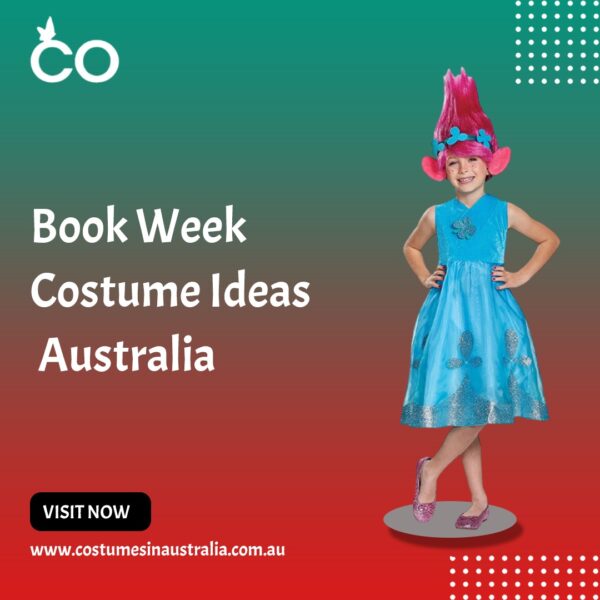A life insurance plan is often considered with doubt, uncertainty, and confusion or ignorance. That’s true because it is not an easy plan to talk about. When one thinks of protecting their dependents with a life insurance policy, it is important to filter facts from myths.
Let us delve into the more precise and accurate information on a life insurance policy. Here, we have debunked frequently quoted life insurance myths. It may alter your thought process and assist you in making better decisions about buying life insurance.
Life Insurance is just a tax-saving investment
Your life insurance perks are more than saving income tax and quoting them while filing your income tax returns. You do not have to consider life insurance just for the sake of saving taxes but think about its long-term benefits for your family members in your absence. That means, post your demise, your dependents would get this income and not require to pay tax on the policy benefit.
If I have enough bank balance to run my family, I do not need a life insurance plan
Another thing to keep in mind is your home loans, and what if your children want to study abroad or your dependents have some other big plans that may require money more than your savings. If you don’t have enough balance against the rising inflation and your dependents’ needs in the upcoming years’ installments that need to be paid, your loved ones also may not be able to hold onto your home. A life insurance policy’s benefit could support and ease some of the financial burden from your family members after you pass away.
I do not need life insurance once my kids are adults
The benefits of life insurance are not just helpful when your children are young, but it comes into the picture when any financial crisis or job loss occurs. Purchasing life insurance at an early stage of your life has a number of advantages, including helping to repay any home loan or education.
Your adult children could use their savings for their own futures instead of paying your loans or money invested in their higher education. Along with paying for their living, your heirs may struggle to pay off your unrealised debt that you may have forgotten to list. Thus, simply leaving your dependents with an inheritance could bring in more financial difficulties in their future.
Only one person in the family should buy life insurance
Indeed, it is true that a life insurance plan is for the person who brings home the majority of earnings, but it is also necessary to have life insurance that protects the spouse, irrespective of their career. In the same way, an insurance policy for your parents will look after their expenses and various other needs by keeping them financially secured.
My company offers life insurance cover as a perk, so I do not need a separate one
Your company policy may cover you for the duration you work for your employer, but terms and conditions will lie with your company. That plan could be very limited, and not ensure to cover your dependents at the same potential that you want. Hence, owning your personal life insurance plan makes more sense than your company-provided one.
When you prefer your employer-owned life insurance, your employer controls it, not you. Your company could cancel it or minimise the benefit that is the employer’s discretionary power. If you switch jobs, you may not get the same benefits to cover your financial future. Thus, purchasing a life insurance policy despite having one from your company makes sense.
I am unmarried, fit, and well. I do not need a life insurance policy
For a single person, the life insurance plan could be at the bottom, but ironically, buying life insurance at a young age could give you a higher premium price. Thus, it would not be wise to avoid life insurance at an early age and pay higher once you are married and having kids. To know the premium to be paid, you can always use a life insurance premium calculator available online.
It is obvious that no one plans to leave this world at an early age, but no one knows what is written in their fate. It is uncertain how it will impact their dependents once they are not there anymore. Hence, life insurance is an instrument that you buy before it is too late to have it.
Conclusion:
Whether you are the only one earning in your family, or getting coverage from your employer, it is possible to have some responsibilities that you can fulfill despite passing away by having a robust life insurance plan. Your liabilities could be a student education loan or hidden long-term debt if something unfortunate happens. You would then surely avoid burdening others in paying your debts. Hence, you must have a life insurance policy at an early age and avert the above-debunked myths.


